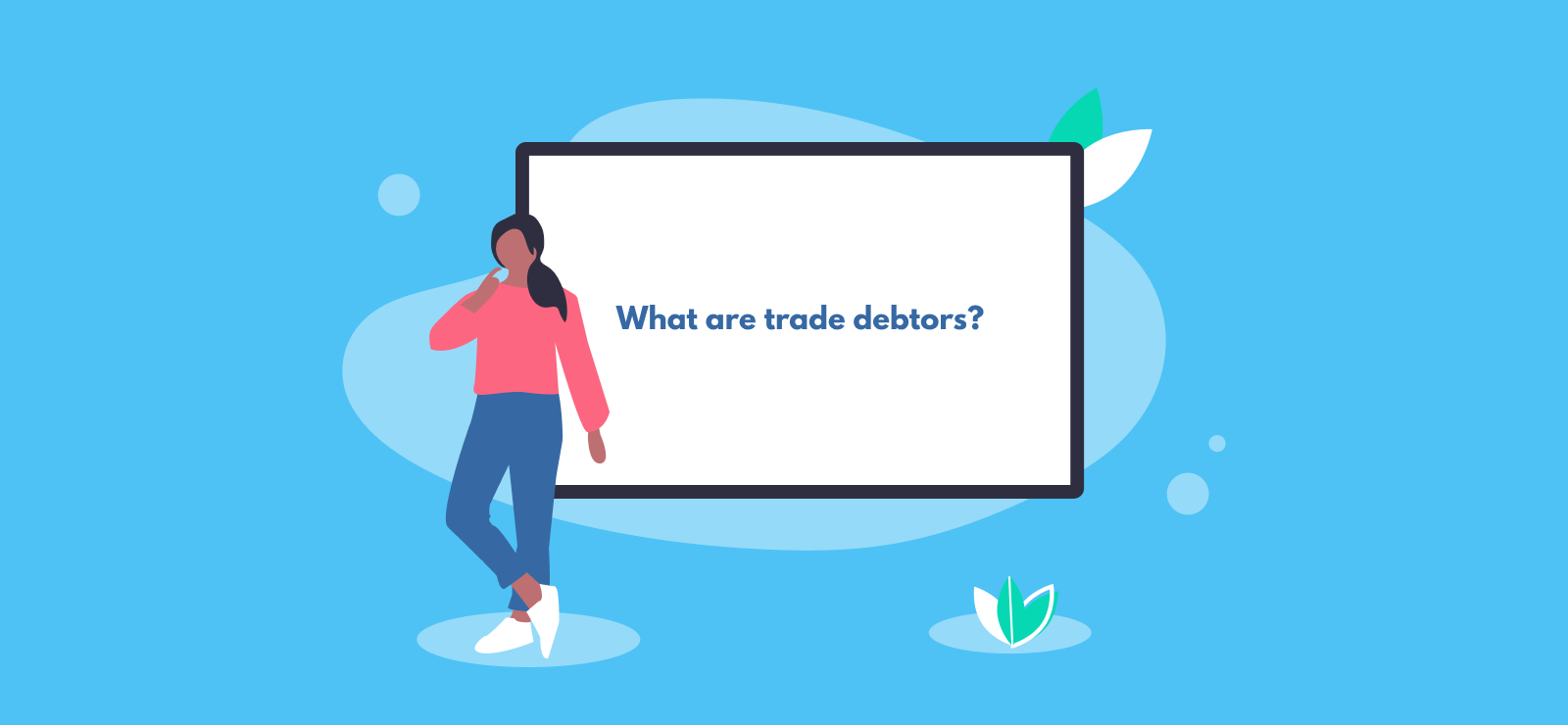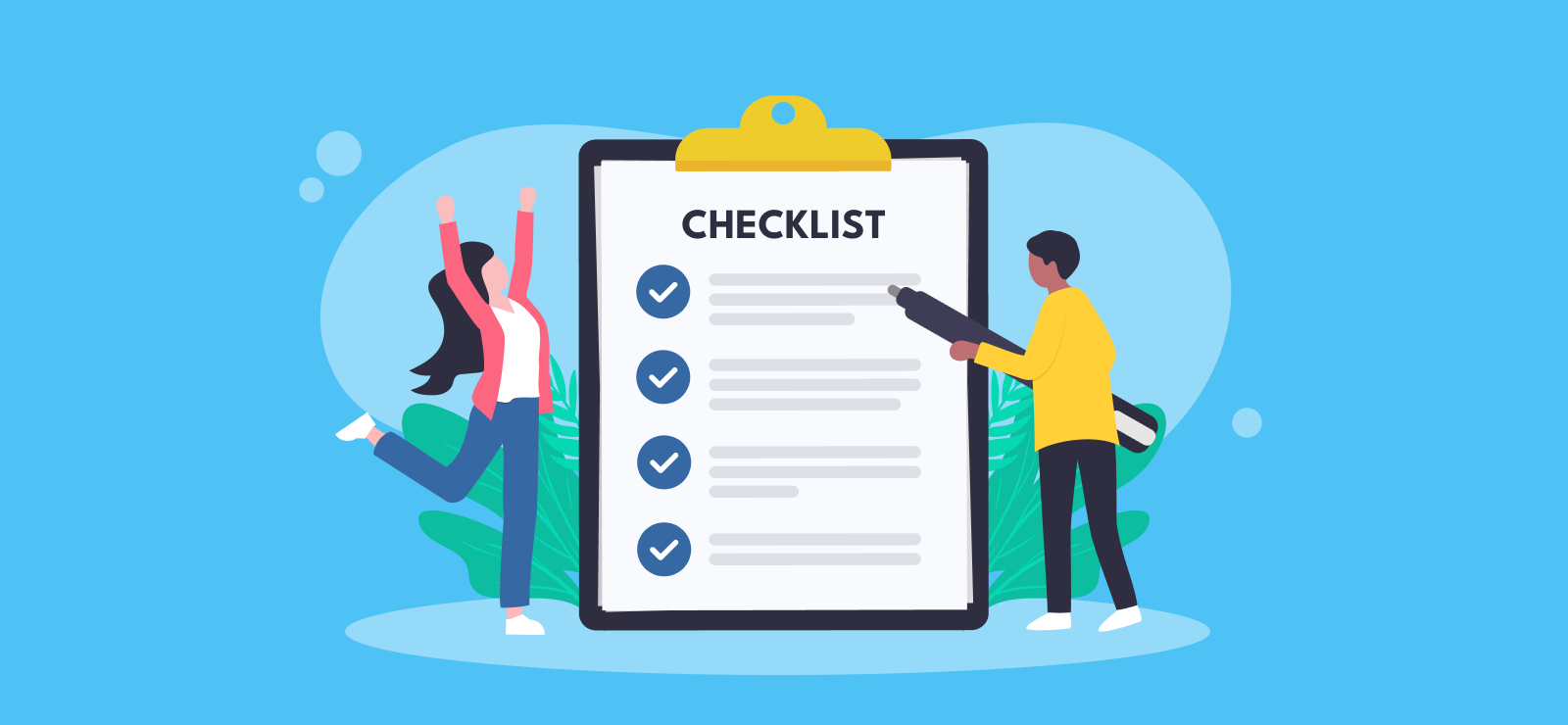

What Are Trade Debtors?
Trade debtors are essentially unpaid invoices for the goods or services your business provides to its customers, although the term can also be used to refer to the actual client who owes the money. These customers are technically in debt to you until they pay their bill. You might also see trade debtors referred to as accounts receivable, or as a sales ledger.
Grouping them together makes it easier to keep track of what money you can expect to come into your business over a period of time. It also makes it much simpler to follow up on any money that is still owed to you!
Why not just ask for payment up front?
Lots of industries operate on an up-front basis – such as most retail businesses, for example. In other sectors it’s more common to invoice clients and offer payment terms which give the client a set deadline to make their payment.
Offering payment terms can have a positive impact on a business, helping you to:
- Attract more customers with a wider range of flexible payment options
- Nurture a loyal, trusting relationship with your customers, increasing the likelihood of repeat business in the future
There are potential downsides though, such as the effect this can have on your own cash flow. If you give your clients more time to pay, this might impact your ability to pay your own bills on time.
How are trade debtors recorded?
Trade debtors (outstanding payments) appear as current assets on your balance sheet because you can reasonably expect them to be collected (and become cash) within a year’s time. You might also hear the referred to as accounts receivable (because you expect to receive payment!).
It’s so important to ensure you’re recording and managing your invoices regularly to help your business stay up to date. If a customer doesn’t pay their outstanding balance on time, then you’re at risk of falling ‘into the red’ yourself!
Top tip:
Create and send invoices using good bookkeeping software which automatically records them for you. Some software providers include an option to set up automatic payment reminders to help you manage unpaid invoices too.
Is a trade debtor different to an invoice?
Raising an invoice basically creates a trade debtor until that invoice is paid.
- Trade debtors: This is the money owed to a business for goods or services that have been provided on credit terms. This will be detailed on the official invoice document.
- Invoices: A standard business document used to request money from a customer for goods or services provided.
How do I manage my trade debtors?
Recording and tracking the status of every invoice you raise is essential if you want to make sure that the number of people who owe your business money doesn’t overwhelm you!
Again, good software will make this much simpler to deal with. Most software has some form of trade debtor report so you can keep an eye on who still owes you money, and the payment deadlines.
Reviewing this regularly will also help you identify any ‘problem’ clients who are consistently late paying (in which case, you might want to review their payment terms!).
Debt provision advice
An accountant can offer you guidance on the appropriate provision for bad debts, which is an estimated amount set aside to account for potential losses. This could be a practical step if you are going to offer customers and clients credit, but want to safeguard the liquidity of your business at the same time.
Customer credit evaluation
Some businesses use different payment terms for brand new customers, such as asking for payment up front on the first order.
The credit terms you offer are entirely up to you, and there are lots of options available. For instance, you might ask for a down payment on high value orders, or agree a series of ‘milestone’ payments with the client for the duration of a long project.
Analysing the financial position and payment history of your clients and customers means you can identify any major red flags before they become a problem for your business.
Learn more about our online accounting services by calling 020 3355 4047 or get an instant online quote.
Want to learn more?
Subscribe to our newsletter to get accounting tips like this right to your inbox

Read more posts...

The Company Formation Checklist
1st April 2025If you decide that registering a new limited company is the best way to make your entrepreneurial idea a reality, there are…
Read More
When Should I Submit My 2024/25 Self Assessment Tax Return?
31st March 2025Submitting your tax return as soon as the next tax year starts might seems like a strange notion, but it definitely has…
Read More
The Step-by-Step Guide to Dividend Tax in 2025/26
31st March 2025Dividends are a source of income so (inevitably) you’ll need to pay tax on any that you receive. The dividend tax rate…
Read MoreConfirm Transactions
The number of monthly transactions you have entered based on your turnover seem high. A transaction is one bookkeeping entry such as a sale, purchase, payment or receipt. Are you sure this is correct?
Please contact our sales team if you’re unsure
VAT Returns
It is unlikely you will need this service, unless you are voluntarily registered for VAT.
Are you sure this is correct?
Call us on 020 3355 4047 if you’re not sure.
Bookkeeping
You will receive our bookkeeping software Pandle for free, as part of your package.
You can use this to complete your own bookkeeping, or we can provide a quote to complete your bookkeeping for you.
Please select and option below:
Call us on 020 3355 4047 if you’re not sure.

